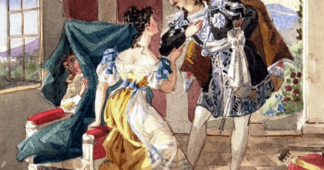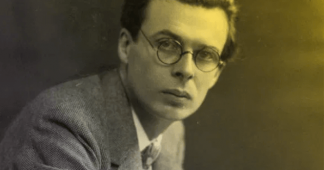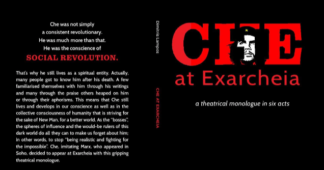Bravura surfing of the wave of history omits profound truths, writes JOHN GREEN
Mozart in Motion: His Work and His World in Pieces
By Patrick Mackie
Granta Books £14.41
THERE have been many books published about Mozart, so is there anything new to say? Patrick Mackie certainly thinks there is and writes in a prose style that attempts to emulate Mozart’s music in words. His sentences sizzle and explode from the page like an elaborate firework display. The danger with this, of course, is that the glorious pyrotechnics of words can obscure rather than illuminate the music and the man Mozart.
Writing about music, rather than hearing it, will always remain a thankless task, but Mackie certainly manages to transpose a sense of Mozart’s music through is luminous prose.
His book is difficult to categorise, however. It is part biography with interesting anecdotal colour, musings by the author about specific Mozart compositions and part historical narrative.
In his short life — he was only 35 when he died in 1791 — Mozart composed over 600 pieces of music of all genres. He lived and worked within the constricted society of feudal Europe, in which the aristocracy reigned supreme and was, alongside the church, the only source of employment for impecunious musicians like Mozart.
He lived just long enough to experience the French Revolution and was in fact in Paris in 1778, only a little over a decade before the sans culottes stormed the Bastille in 1789.
Despite only knowing the seemingly fixed hierarchies of the aristocracy-dominated society in which he lived and the rules within which he was obliged to operate, he would have been aware of the tectonic plates shifting beneath it, even if he could not have foreseen the eventual earthquake that shook the aristocracy to its core.
Mozart was not just a prolific composer of genius, but also a revolutionary in so many ways. His compositions pushed the boundaries of what had, until then, been taken for granted, with dazzling bravura compositions that not only pleased but provoked.
His operas, like The Marriage of Figaro, Cosi fan Tutti, Don Giovanni and The Magic Flute challenged the status quo, questioned ruling-class privilege and implicitly the church, as well as accepted gender roles.
Mackie’s book, however, does not bring out how the historical context impacted on Mozart’s work. He fails to reveal the interplay between the economic and political realities of the time and Mozart’s musical life within it. Even when he quotes from Mozart’s letters, it is so cursory as to be almost meaningless. And the anecdotes he mentions titillate rather than reveal.
He tells us, for instance, that Mozart’s employer in Salzburg, Archbishop Colloredo has a painting of “the heretic” Voltaire in his study but there is no attempt to give that fact a greater significance.
Mackie is, I feel, too infatuated with his own prose, surfing the wave of history with panache but not diving beneath it to seek more profound truths.
Nevertheless an interesting take on this iconic figure of the classical music world.
Published at www.morningstaronline.co.uk
We remind our readers that publication of articles on our site does not mean that we agree with what is written. Our policy is to publish anything which we consider of interest, so as to assist our readers in forming their opinions. Sometimes we even publish articles with which we totally disagree, since we believe it is important for our readers to be informed on as wide a spectrum of views as possible.











